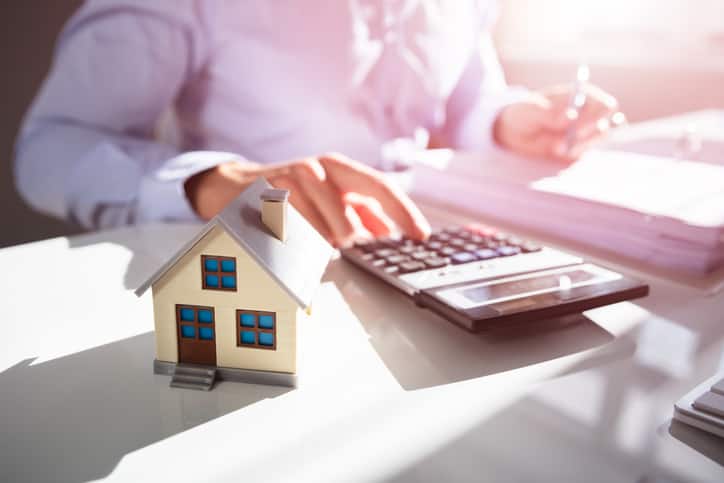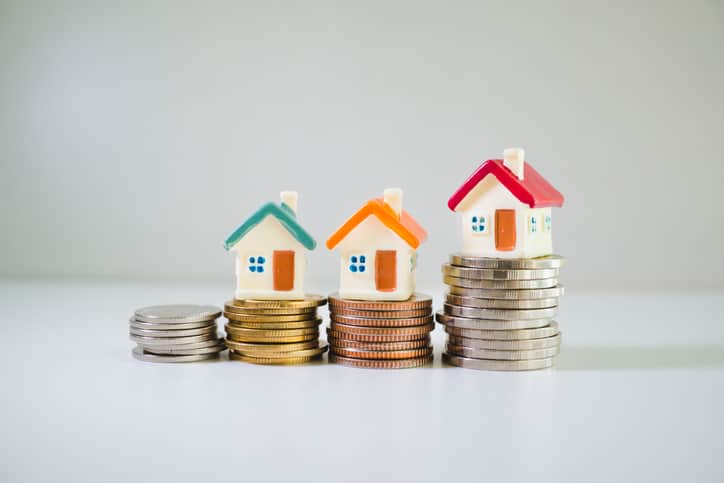Some home buyers in Hong Kong may consider securing a second property, whether for personal enjoyment, such as vacation, or further investment. However, such a decision usually comes with many financial challenges and various concerns, such as the down payment amount and stamp duty taxes. The matter can be even more complex if an existing mortgage is involved. Thus, home buyers need to consider and plan from various aspects in advance before buying their second home.
This article will equip you with the essential knowledge, from considerations when buying the property to all the available mortgage options, to help you overcome all the hurdles to secure a second home. It will help you navigate the ever-evolving landscape of becoming a non-first-time home buyer.
What to Consider When Buying a Second Property in Hong Kong
When buying a second property, it’s crucial to assess your personal financial situation and consider various factors. For instance, while the additional Buyer’s Stamp Duty (BSD) was abolished for second home buyers in February of 2024, they still need to pay the Ad Valorem Stamp Duty (AVD) at standard Scale 2 rates, which range from HK$100 to 4.25% of the property value.
Mortgage rates for investment properties are generally higher than those for owner-occupied homes, and home buyers need to put down a substantial down payment of at least 40%.
Although the Hong Kong Monetary Authority (HKMA) has suspended the stress test as a mortgage requirement, second home buyers still need to consider their debt-to-income (DTI) ratio, which indicates the proportion of a person’s monthly gross income allocated to debt payments. Banks or financial institutions may not approve the loan if the DTI ratio exceeds 50%.
Second home buyers should carefully consider tax implications, such as the inability to deduct mortgage interest and the need to pay tax on rental income.
Additionally, market conditions, such as Hong Kong’s property price index and mortgage rates, can increase, so it is essential to make an informed decision that aligns with your financial goals and risk tolerance when acquiring a second property.
What If I Have a Mortgage and Want to Buy Another House?
If you already have a mortgage and want to buy another house in Hong Kong, it’s possible but subject to certain restrictions. Your loan-to-value ratio (LTV), which measures the size of your mortgage loan relative to the property’s value, plays a crucial role. If the second property you seek to buy is valued at HK$15 million or below, the maximum LTV ratio will be set at 70%, which means that your minimum down payment is 30% of the property’s price. It can increase to 50% for you if the property is valued at HK$12 million or above.
The Mortgage Insurance Program (MIP), designed to facilitate homeownership by allowing higher LTV ratios, is not applicable if you already own a property. This means you’ll need to put down a down payment, typically between 40% and 60%.
Mortgage rates for investment properties are generally higher than those for owner-occupied homes. Additionally, you cannot deduct mortgage interest on your second property from your taxes, and you’ll be taxed on any rental income received at around 15% of the total income.
Beyond the down payment, be prepared for closing costs that can add up to 7% – 45% of the property price, including stamp duty, legal and agent fees.
Second Home Mortgage Options
If you decide to buy a second home and want to apply for a mortgage, there are several options available for you. Let’s explore some of the most common ones:
Home Equity Loans
Home equity loans offer a flexible way to tap into the equity you’ve built up in your primary residence. In Hong Kong, these loans provide access to funds based on the current market value of your home minus any outstanding mortgage balance. This means the more equity you have, the more you can potentially borrow.
Home equity loans typically function as a second mortgage, where the lender provides a lump sum payment. You can generally borrow up to 80% of your property’s current value, depending on the lender’s policies and your financial profile. The loan is repaid in fixed monthly installments over a set term, and interest rates may vary based on market conditions and your creditworthiness.
Refinancing
Refinancing your existing mortgage can be a strategic move to secure a lower interest rate, access additional funds, or extend your loan term. However, refinancing is generally associated with multiple costs, such as closing costs and potential prepayment penalties.
In Hong Kong, refinancing options for second homes may be limited compared to primary residences. Lenders may have stricter requirements for refinancing investment properties, including higher loan-to-value ratios and interest rates.
Investment Property Mortgage
If you plan to rent out your second home, an investment property mortgage may be suitable. This mortgage type often requires a larger down payment and comes with higher interest rates compared to primary residence mortgages. However, you will likely need to make a down payment of at least 30% of the property’s value, and interest rates may be higher due to the perceived risk associated with rental income fluctuations. Additionally, lenders may have stricter income requirements and credit score criteria for investment property mortgages.
Contact Credit KO to Secure the Best Mortgage Solution for Your Second Home
Whether you’re a first-time mortgage applicant or looking to secure a second mortgage for your new property, Credit KO offers various options for you. Our platform and team of experts will assess your financial situation and advise you on the ideal solution efficiently. Contact us today to enjoy a hassle-free mortgage process and learn more about our competitive mortgage rate.










